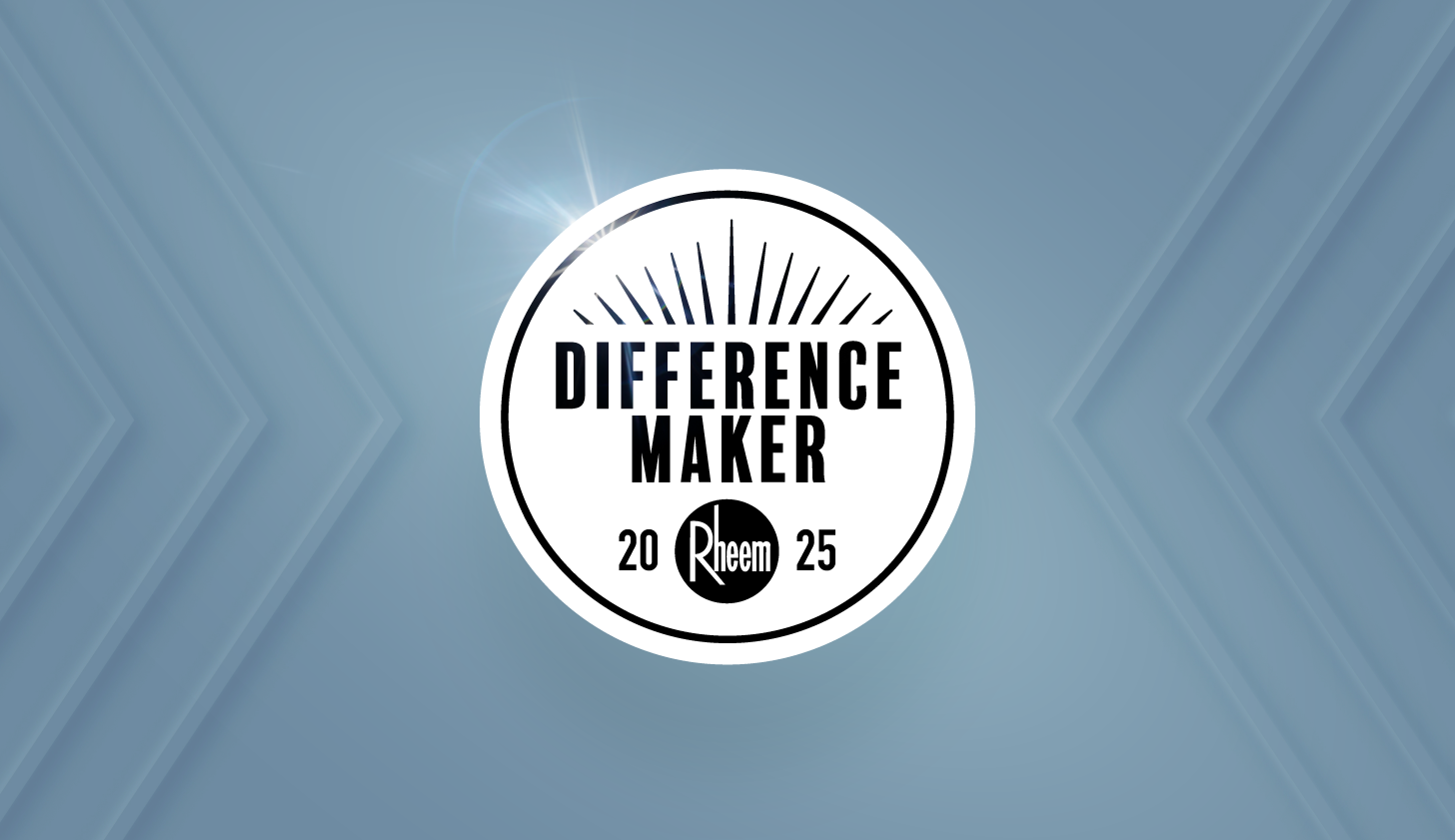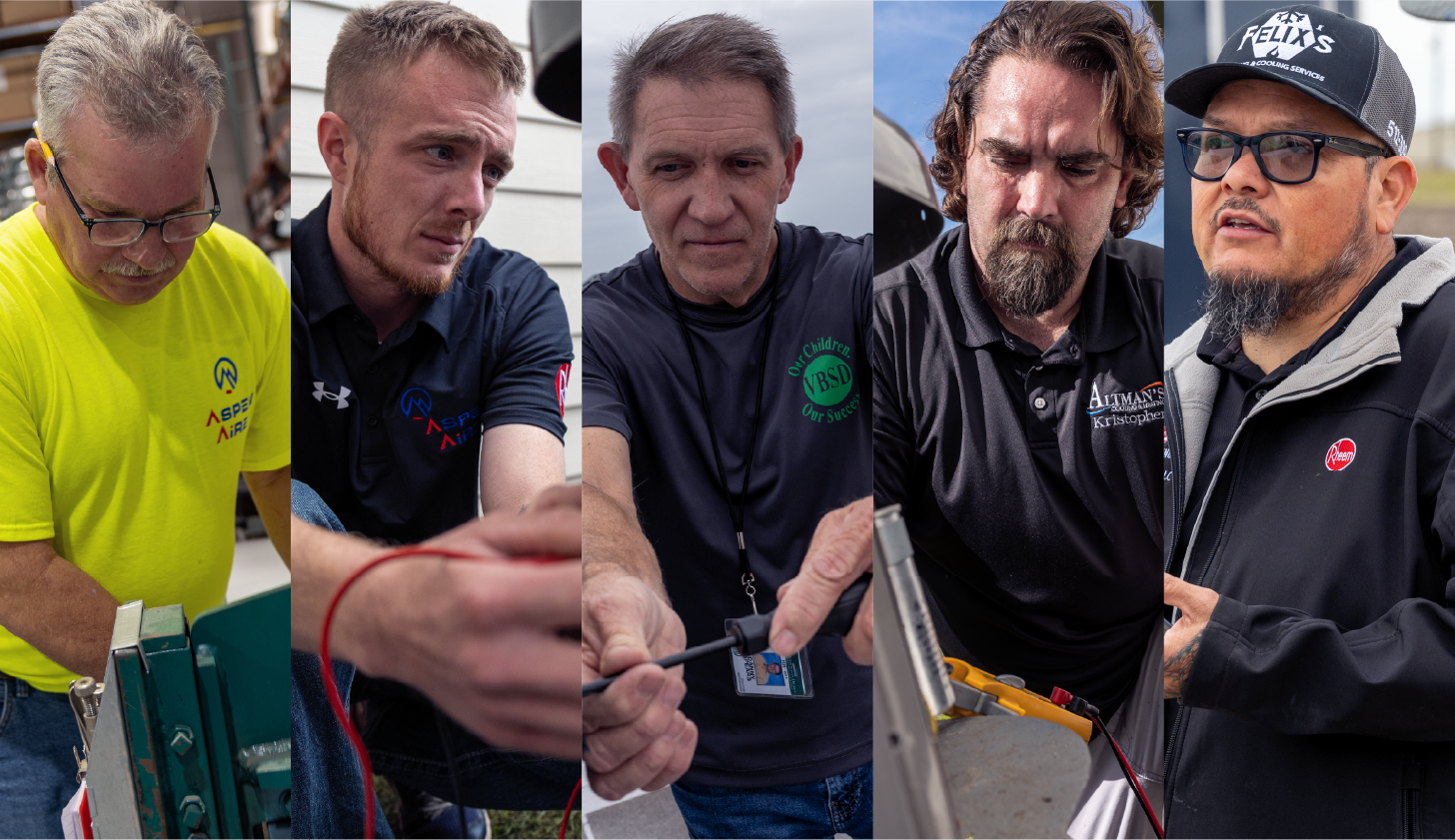Understanding Water Tank Size: How to Choose What You Really Need
September 18, 2025
There are a lot of things to consider when deciding how much hot water your household needs on any given day. Having a tank that gives you too much is wasteful in terms of investment and energy, and too little leaves the family having to stagger their shower times. Neither scenario is ideal. We’re going to take you through a few tips on purchasing the water heater that is just right for you.
Why Does Water Tank Size Matter?
In addition to energy efficiency and making sure your hot water supply meets the demands of your family, there’s something else to think about: the lifespan of your appliance. Whether you are looking for the hot water storage capacity of a tank heater or the flow rate of a tankless model, you want equipment with longevity. With an incorrect fit, you could shorten its lifespan through excessive cycling and even overheating.
How to Estimate Your Water Heater Capacity Needs
Let’s get into the nuts and bolts of calculating hot water capacity by considering the usage patterns of your household. Then, it’ll be easier to make your decision.
- How many people live in your home? While “the more the merrier” can certainly be true, a higher head count requires a larger water heater capacity for the house.
- Start keeping track of when the hot water demand peaks throughout the day. Consider showers, baths, laundry, dishwashers, etc. Take note of these peak hours.
- Note how much water is required for each water source. For example, a shower generally uses 20 gallons, a dishwasher cycle uses 7, the washing machine takes up to 25 gallons per load, and so on.
- Check the First Hour Rating that’s listed on water heater models. This tells you how much water is heated and ready for use within one hour of use.
Now that you have this general understanding, you’re ready to do your own hot water usage audit questionnaire.
What are Some Sizing Guidelines for Different Household Spaces
Or, if you’re more of a shortcut kind of decision-maker, you could follow a basic rule of thumb that can help. Here’s the simple math:
- For small households with 1-2 people, a 50–60-gallon tank should work for you.
- For medium households with 3-4 people, a 50–65-gallon capacity is good.
- Larger households with 5 or more people can need up to an 80-gallon tank, unless their overall usage is low.
What Special Considerations for Heat Pump Water Heaters Should I Consider?
A Heat Pump Water Heater is an efficient way to go because, unlike traditional electric or gas models, it uses a fan to draw warm air into the unit instead of directly heating it. As a result, you save on operating costs and reduce your carbon footprint. But there are some things to keep in mind as it relates to deciding on the size of the water heater you’ll need.
- The air intake/heat absorption process takes longer to produce hot water. Instead of burning fuel for heat, it extracts heat from external airflow, which can take longer.
- To offset this, it’s recommended to go up a tank size to maintain a comfortable amount of heated water for when demand rises.
- It’s noteworthy to remember not to go smaller when switching to a heat pump water heater from a gas or electric model. In fact, upsizing a little would be a good move to meet demand.
FAQ: Water Heater Tank Sizing
What if the number of household members changes?
Obviously, families under one roof change in size throughout the years. Take into consideration how long you intend to stay in the house, then guesstimate how many people might be in and out throughout those years. It’s best to size for whatever the future might bring.
Should I oversize or undersize my water heater?
Know that significantly oversized tanks cost more upfront and reduce efficiency on an ongoing basis. However, we tell people it’s better to slightly oversize, especially if a heat pump water heater is the model.
How do I know my peak hot water demand?
Keep track of the types of hot water demand required in a 24-hour period—from all sources. Have that information ready and talk to an installer to help with the calculations.
Does the climate impact the size of tank size I should get?
It certainly does. The water that comes into your house starts out colder or warmer based on where you live. If you live in Florida, the workload of the system to produce hot water is reduced, allowing you to have a smaller tank and vise versa.
What if I want a tankless water heater?
Size is still an issue because you need to consider the water flow rate. Tankless models don’t run out of hot water, but they can slow down to a trickle if not sized properly for demand.
Is There a Simple Rule of Thumb?
While the above information helps guide your decision, each household is different. There’s no one-size-fits-all, but if you consider what you’ve read here and ask the right questions when you make your purchase, you should be able to keep your family comfortable with hot water 24/7.







